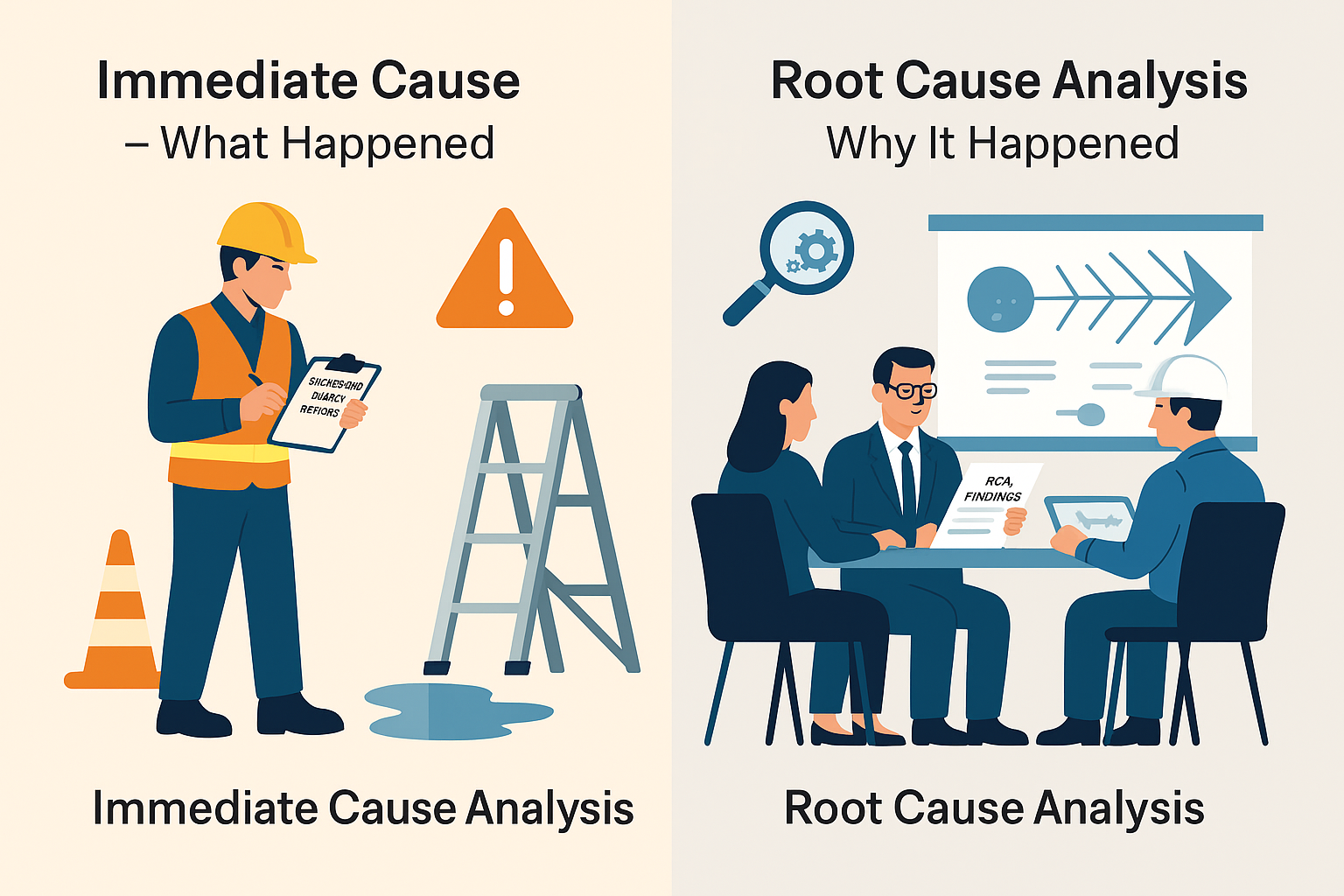
10 Essential UAE Labour Laws for 2024 You Need to Know
Introduction
The UAE labor laws have seen numerous changes in recent years, aiming to make the workplace more secure, fair, and inclusive. For both new and seasoned workers and businesses, understanding these laws is crucial. Let’s dive into the top 10 labor laws that you need to know for 2024.
Understanding the UAE Labour Law Structure
The UAE’s labor law framework is governed by the UAE Labour Law No. 33 of 2021, which has been amended over the years. Key regulatory bodies, such as the Ministry of Human Resources and Emiratisation (MOHRE), enforce these laws. It’s essential to understand the main principles behind these regulations to fully comply and benefit from them.
1. Working Hours and Overtime
The UAE labor law mandates a standard 48-hour workweek, or eight hours per day for six days. However, for those working in shifts, the maximum hours may vary. Overtime is a crucial part of the regulation, with employees entitled to additional compensation if they exceed regular hours. Night shift workers receive even higher overtime pay.
2. Minimum Wage in UAE
The minimum wage regulations are relatively new, but they set baseline salaries for various job categories and industries. As of 2024, the government has been assessing different sectors, ensuring fair wages for all types of employees.
3. Annual Leave Entitlement
Annual leave policies guarantee that full-time employees get 30 days of leave annually. Part-time and temporary employees receive leave on a pro-rata basis. Understanding leave entitlement can help employees plan their time off effectively.
4. Maternity and Paternity Leave
Parental leave policies in the UAE have recently been revised. Female employees are now entitled to 60 days of maternity leave, with a portion of this being paid. New paternity leave policies also provide fathers with five days of leave, demonstrating the UAE’s commitment to supporting working families.
5. Sick Leave Regulations
Employees who fall ill during their employment are entitled to a maximum of 90 days of sick leave, which includes full, half, and unpaid days depending on the duration. Documentation from an approved medical practitioner is required for sick leave validation.
6. Gratuity and End of Service Benefits
The UAE offers a gratuity or end-of-service benefit to employees who complete one or more years of service. The gratuity amount depends on the employee’s length of service, with an increase in benefits as tenure rises.
7. Termination Rules and Notice Period
The UAE provides clear guidelines on termination, ensuring that employees have the right to a fair notice period and compensation when applicable. Notice periods vary depending on the employment duration and the contract type.
8. Employment Contracts and Renewals
Employment contracts in the UAE can either be fixed-term or unlimited. Renewal processes require consent from both the employer and the employee, and any changes must be documented to avoid disputes.
9. Discrimination and Workplace Harassment Policies
Discrimination based on gender, religion, or ethnicity is strictly prohibited in the UAE. The government has implemented policies for reporting and addressing workplace harassment, creating a safer environment for all employees.
10. Health and Safety Regulations
Employers are obligated to provide a safe and healthy work environment, including training programs for employees. Compliance with health and safety standards helps prevent workplace accidents and injuries, contributing to a productive workforce.
Penalties for Non-Compliance
Failing to adhere to the UAE labor laws can lead to fines and legal actions. The Ministry of Human Resources and Emiratisation (MOHRE) takes non-compliance seriously, and employees have the right to report any violations through official channels.
Conclusion
Understanding the UAE labor laws is essential for a successful career or business operation in the region. By staying informed and compliant, employees and employers can build a harmonious and legally compliant workplace.
How To Develop Safety Policy | Safety Policy Development Guidelines
Risk Assessment vs Job Safety Analysis
What are the 5 Steps of a JSA?
5 Step Process of Risk Assessment
Personal Protective Equipment Usage and Maintenance
FAQs
1. What are the standard working hours in UAE?
The standard working hours in the UAE are eight hours per day or 48 hours per week for most employees.
2. How is gratuity calculated in the UAE?
Gratuity is based on the employee’s salary and the length of service, with longer service resulting in a higher end-of-service benefit.
3. What happens if an employer violates labor laws?
Employers violating labor laws can face penalties, including fines, and employees may file complaints through the MOHRE.
4. Can employees work more than one job in the UAE?
Employees may work multiple jobs with the necessary permits, provided their primary employer consents.
5. Are there different labor laws for domestic workers?
Yes, domestic workers are governed by separate regulations, with specific guidelines for working hours, benefits, and conditions.
























